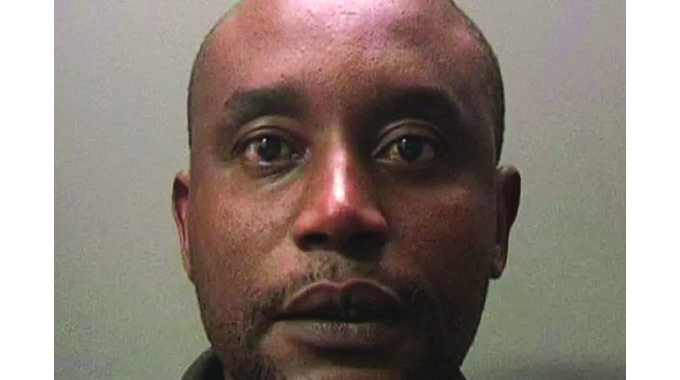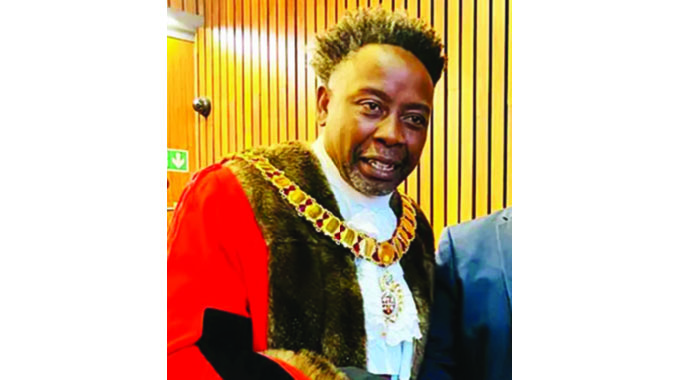Young Kenyans shun election hype

NAIROBI. — As a familiar campaign jingle brings the Kenyan crowd to their feet, Hellen Atieno joins her compatriots and sways to the catchy tune at a political rally in the lakeside city of Kisumu.
Just don’t expect the 23-year-old to vote.
“I have only come to the rally because there is money. I hope there will be something,” Atieno told AFP, referring to the widespread Kenyan practice of offering freebies to prospective voters.
Currently without a job, the former fishmonger says she is so fed up with the country’s insular political class that she plans to stay home when Kenya votes on August 9 in parliamentary and presidential polls.
She is not alone.
The number of registered young voters has dropped five percent since the 2017 poll, in contrast to over-35s, whose tally has increased, Kenya’s election commission announced last month.
Over 22 million Kenyans are eligible to take part in this year’s polls, with young people accounting for less than 40 percent of that number, the Independent Electoral and Boundaries Commission (IEBC) said.
Politicians have responded with a freebie bonanza, offering cash, umbrellas, shirts, caps and even packets of maize flour – a dietary staple – to anyone who attends their rallies.
The bribes – an electoral offence that can attract a fine of up to two million Kenyan shillings (US$17 000) and/or a six-year jail term – are not new to Kenyan politics.
But galloping food inflation and an unemployment crisis have intensified the appetite for such handouts.
According to census figures published in 2020, about five million young Kenyans were out of work.
Brian Denzel has spent recent weeks hitting one rally after another, eager to pocket the cash on offer, even though the 19-year-old butcher has no plans to vote and sees politics as little more than “a dirty game”.
“Who will reject the free money that they are given?” he said, while waiting in line to collect 200 shillings from a local politician.
Kenya’s Interior Minister Fred Matiang’i even told reporters on Wednesday that the banks were running short of 100 and 200 shilling notes “because politicians are bribing villagers”.
In the months leading up to the polls, observers suggested that the youth factor could help heal Kenya’s often toxic tribal politics, with a younger electorate less likely to vote according to ethnic affiliations. ‑AFP.









Comments